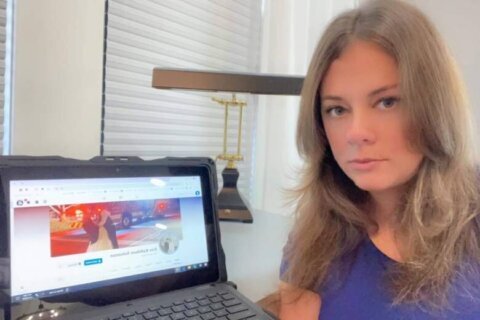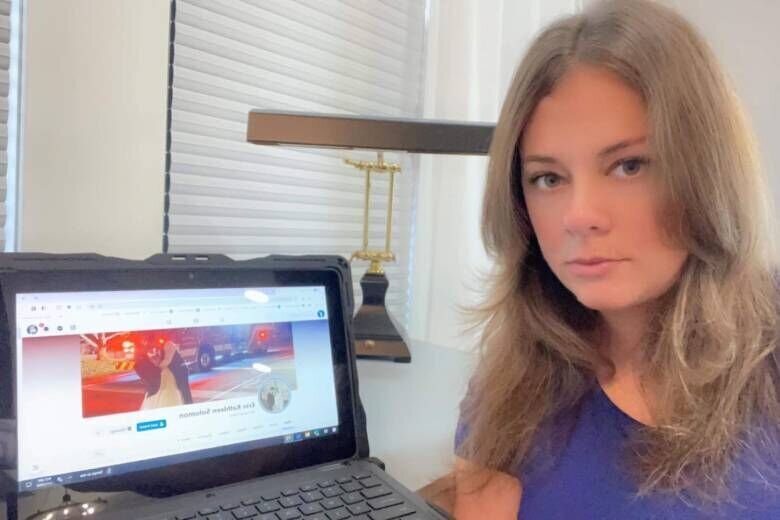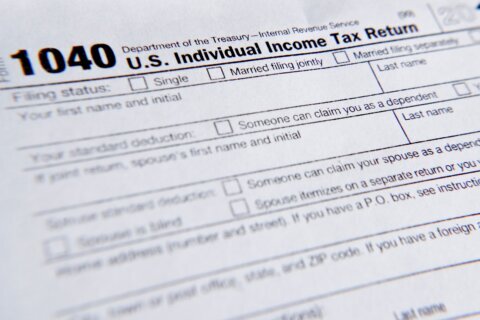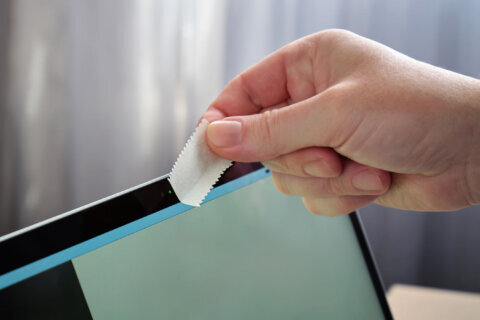
Following WTOP’s reporting on two cases where Facebook users’ accounts were hacked, the social media giant has taken down one of the hijacked profiles. A digital expert says there are steps you can take to prevent hackers from accessing your social media accounts.
Erin Solomon, a schoolteacher from Kissimmee, Florida, said she’s repeatedly reported her account stolen to Facebook since May, but it wasn’t until after WTOP shared her story on Wednesday that the profile was removed.
She’s not alone in finding that her calls to Facebook for help with hackers go unanswered; according to digital expert Kim Komando, many users will follow the process of reporting their account as stolen, but nothing is done.
“Here’s the problem: Facebook just doesn’t care,” said Komando, who answers callers’ tech questions as part of her weekly radio show.
Judging by the questions she has received from her followers, she said more and more people are seeing their accounts commandeered.
“I think hacking Facebook profiles is definitely on the increase,” Komando said.
Hackers got into Solomon’s account through a forgotten about email account, she said.
Komando recommended taking a moment to check what email addresses are linked to your accounts.
“I’ve been on Facebook since 2009 and at that time, you could have multiple email addresses,” Komando said.
She also recommends checking connected phone numbers.
One of the most frequent ways crooks get into accounts is through compromised passwords. So, Komando said to make sure you set up a strong and unique password for all your social media accounts.
“If you’re using the same password for different accounts, that’s an easy way for somebody to just get into your Facebook account,” Komando said.
She recommends using a password manager which helps come up with strong passwords then stores them securely for you.
Facebook and other social media sites also offer two-factor authentication for logging in. Komando said it is in your best interest to enable that feature.
“Now, if you don’t do any of this, yes, you are a big red flag, and you are going to get hacked,” Komando said.
Once you have your account locked down, she said take a few more minutes to check what personal information you’re sharing with the world. Facebook and other social media sites let you see your profile the way people not connected to you would.
“You may be surprised at the personal details that you’re revealing,” she said. “So you have to be really, really careful about your Facebook account. Because yes, it is free to you, but it’s also free to a hacker and scammer who’s going to use it to make money using your profile.”
Debbie Hickman of Chestertown, Maryland, who also spoke with WTOP said her hacked account remains active. According to Hickman, scammers hacked her account and reached out to her friends with the goal of duping them out of their money through a cryptocurrency scam.
WTOP has reached out to Facebook on four occasions since Dec. 22, requesting comment but has not received a response.
Get breaking news and daily headlines delivered to your email inbox by signing up here.
© 2024 WTOP. All Rights Reserved. This website is not intended for users located within the European Economic Area.









